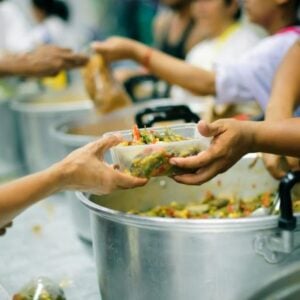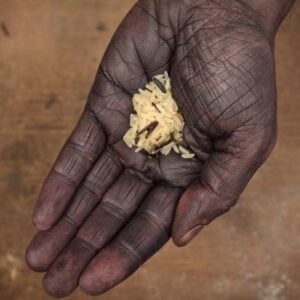The Republic of Korea (ROK) and the United Nations World Food Programme (WFP) have launched the REACH initiative—Responding with Emergency Assistance for Conflict-affected Households—to provide urgent humanitarian aid to families in Myanmar suffering from the combined effects of ongoing conflict, mass displacement, and the devastating earthquake in March 2025. Supported by a $10 million contribution from the Republic of Korea, the project aims to deliver lifesaving food and cash assistance to severely affected communities.
Through the REACH program, WFP plans to assist 300,000 people in conflict- and earthquake-impacted regions by providing two months’ worth of food and/or cash support. Additionally, 24,000 pregnant and breastfeeding women and children will receive specialized nutrition interventions to prevent and treat malnutrition, addressing the most vulnerable groups within the affected populations.
The Republic of Korea emphasized its commitment to helping Myanmar during this difficult period. H.E. Mr. Bae Byeongsoo, Chargé d’Affaires of the Republic of Korea to Myanmar, expressed hope that the support provided through REACH would not only meet urgent needs but also contribute to longer-term resilience and hope for the people of Myanmar.
WFP will coordinate closely with local partners and non-governmental organizations to ensure that aid reaches the most vulnerable and remote communities, maximizing the effectiveness and reach of the assistance. Michael Dunford, WFP’s Representative and Country Director in Myanmar, highlighted the significance of the REACH project as a milestone for the Republic of Korea, which has transitioned from being a recipient of WFP aid decades ago to a leading donor supporting food security worldwide.
Myanmar’s humanitarian situation has worsened sharply amid economic collapse, with the cost of basic food rising fourfold since early 2021, making it increasingly difficult for millions to afford meals. The country now ranks fifth globally for severe hunger, with 16.7 million people—nearly one in three—facing acute food insecurity, up from 13.3 million in 2024. Of these, 2.8 million people are in crisis, struggling daily to secure their next meal.
Due to severe funding shortages, WFP had to reduce emergency aid to one million people in April 2025, further exacerbating the crisis. The new funding from the Republic of Korea will help restore essential food assistance, particularly in hard-to-reach areas where hunger is most acute, providing critical relief to those most in need.







